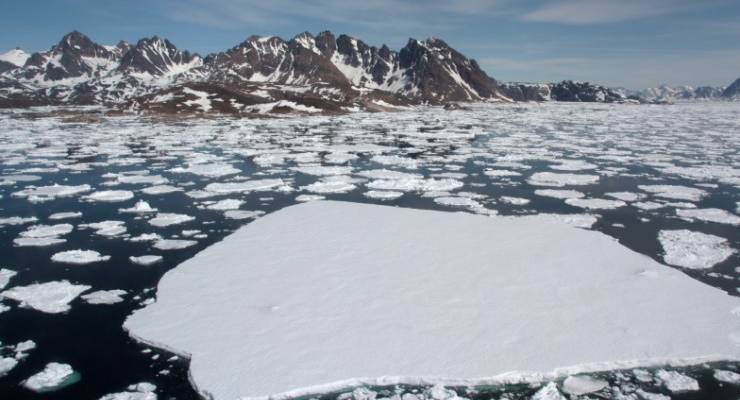
How would you feel about a US$100 arrival tax when you landed in another country? One Crikey reader reckons that’s the way to go. And does the Australian War Memorial hide the truths of war?
On climate change sanctions
Ros Buzza writes: If some of the popular “holiday and business travel destination” countries imposed a US$100 arrival tax on every Australian passport holder, the message would get through to the federal government loud and clear. It would be a much quicker and immediate measure than tariffs.
John Hunwick writes: It should also be seen as an indictment of our political system that a significant majority of Australian voters are unable to have their views acted upon by either major party.
External action, as advocated by Bernard Keane, needs to be simultaneously supported by internal action — such as threatening the two major parties with desertion and supporting the Greens, putting forward a statement of political integrity to be passed by federal parliament reasserting the primacy of the community determining policy and not corporations and financial interests, and regular community demonstrations between now and the next election to show widespread support for climate action.
G. Alex Bishop writes: It seems many of the most intractable problems humanity faces require supra-national responses. This is particularly so for climate change, where all national entities emitting greenhouse gases need to work together to reduce emissions.
This requirement to work together to solve problems is not limited to global warming — tax avoidance by multinational corporations, labour exploitation, refugees, plastic pollution and many others all require a co-ordinated international response. Can this be built within the United Nations or does it require a separate entity?
On independent candidates:
Roger Clifton writes: A minor party with a platform consisting of “decarbonisation by all means” would offer voters a way to deal with climate change without entangling them in the religious baggage of the renewables movement.
In parliament, in exchange for his/her vote, a member of this party would be able to amend energy-related bills with the words “and nuclear”.
People who can do arithmetic on energy sources would breathe a sigh of relief that complete decarbonisation can be done after all. Pollies on both sides would see that practicality had been served without any of them being seen to breach their respective party’s ageing antinuclear commitments.
On the Brereton inquiry and the Australian War Memorial:
Glen Davis writes: The war memorial (AMW) defends itself as a “place of truth”. No, it selects its truths for display.
John Howard returned from Washington and said he could not share with us the evidence for weapons of mass destruction, but he had reviewed the evidence and it was “compelling”. Does the AWM tell the truth about why we fought and killed and died in the Gulf?
No, the war memorial selects its truths to align with government fabrications. Its first proposal for the Brereton report is to lodge it in the archives. Its director Matt Anderson said “the overwhelming majority who served, served courageously and competently and effectively, and I’ll be telling that story”.
We have heard the AWM story. It told us the SAS “conduct sensitive operations. They won honours in Afghanistan, fought in Iraq, helped establish security in East Timor …”
The war memorial has lost its way. But the rubber hits the road with the proposed $500 million gross expansion. Already it cannot be fully viewed if a visitor spends all day.
The memorial should not be bigger than Disneyland. Its function is to remember the sacrifices and to honour the spirits. Already the exhibits distract from the message.
The AWM governance is unfit for its purpose and must step aside.
Alan Jones writes: The revelations of this report are damming to all Australians, but I think one point is being overlooked: the integration of Australian forces with American forces.
The Americans operate with absolute impunity, and even if charges are raised against them nothing much happens. Just look at My Lai, Abu Ghraib etc. When our troops are integrated with theirs they take on their impunity.
Just listen to Australian troops talking — they sound every bit American. We can’t field an army without the logistics provided by a larger force. And our politicians are always eager to send our troops into American wars. The US politicians who don’t like to see their boys get killed are more than happy to send coalition forces to do the job.
When we have our forces training with and being instructed by the US military we are looking for trouble.
Has something in Crikey gotten you fired up? Let us know your thoughts by writing to letters@crikey.com.au. Please include your full name to be considered for publication.







Crikey is committed to hosting lively discussions. Help us keep the conversation useful, interesting and welcoming. We aim to publish comments quickly in the interest of promoting robust conversation, but we’re a small team and we deploy filters to protect against legal risk. Occasionally your comment may be held up while we review, but we’re working as fast as we can to keep the conversation rolling.
The Crikey comment section is members-only content. Please subscribe to leave a comment.
The Crikey comment section is members-only content. Please login to leave a comment.